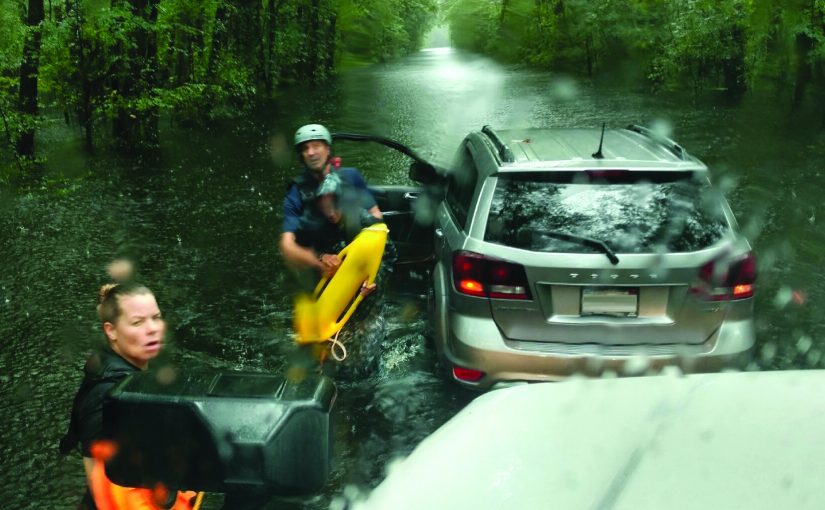
The use of volunteers for government service can contribute to civic engagement, partnership in governance, and institutional transparency. Law enforcement is no exception, and throughout the United States, law enforcement agencies rely on volunteers to serve in a variety of roles, including administrative support, chaplains, police explorer programs, and search and rescue teams. Volunteers in policing are not a new concept, and their use has grown over time. After the birth of modern policing, attributed to the Metropolitan Police Act in London in 1829, the Special Constabulary Act of 1831, authorizing and outlining the duties of volunteer police in London, England, quickly followed. Today, in addition to other non-sworn volunteers in policing, police volunteers and part-time officers with some or all of the authority of full-time officers can be found throughout the world to supplement paid police forces and provide additional governmental services in their communities. These volunteers have a variety of functions, responsibilities, and degrees of authority depending on their jurisdiction, training, and experience.


